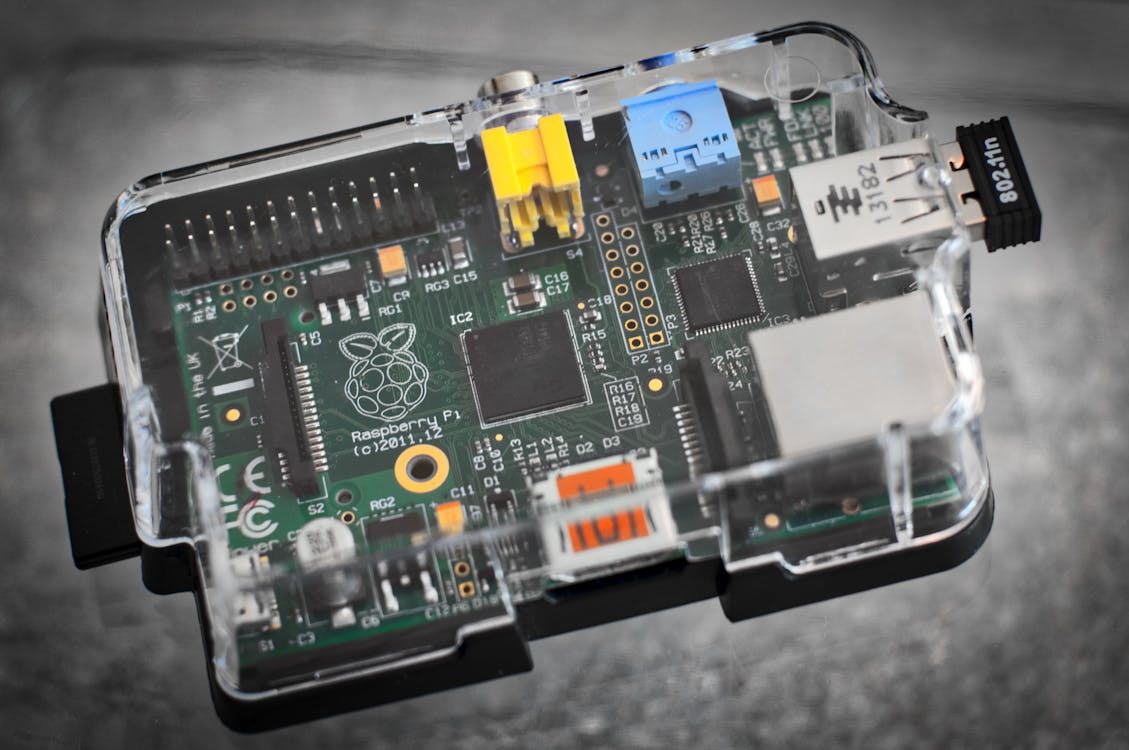In today's tech-driven world, embedded systems play a crucial role in powering a myriad of devices, from smart appliances to automotive systems and medical devices. These systems, often invisible to the end-user, form the backbone of modern technology, seamlessly integrating hardware and software to perform specific tasks efficiently and reliably.
Embedded system design encompasses a wide range of disciplines, including electronics, programming, and hardware integration. As the demand for skilled embedded system engineers continues to rise, it becomes increasingly essential for professionals and enthusiasts alike to acquire the necessary knowledge and expertise in this field.
Fortunately, with the advent of online learning platforms, mastering embedded system design has become more accessible than ever before. These platforms offer comprehensive training courses tailored to meet the needs of both beginners and experienced professionals, covering essential topics such as microcontroller programming, circuit design, real-time operating systems (RTOS), and firmware development.
One of the key advantages of online embedded system training is its flexibility. Participants can access course materials and lectures at their convenience, allowing them to balance their learning with other commitments. Whether you're a working professional looking to upskill or a student eager to delve into the world of embedded systems, online training offers the flexibility to learn at your own pace.
Moreover, online training programs often provide hands-on experience through virtual labs and projects. These practical exercises allow learners to apply theoretical concepts in a real-world context, honing their problem-solving skills and fostering a deeper understanding of embedded system design principles.
When embarking on your journey to master embedded system design through online training, it's essential to choose a reputable platform that offers high-quality content and experienced instructors. Look for courses that cover a wide range of topics relevant to embedded systems, including:
- Microcontroller Programming: Learn how to program microcontrollers using languages such as C, C++, or assembly language, and understand the fundamentals of embedded software development.
- Circuit Design and Prototyping: Explore the principles of electronic circuit design and simulation, and gain hands-on experience in prototyping circuits using development boards and simulation software.
- Real-Time Operating Systems (RTOS): Understand the concepts of multitasking, task scheduling, and memory management in real-time embedded systems, and learn how to develop applications for RTOS environments.
- Firmware Development: Master the skills required to develop firmware for embedded systems, including writing efficient and reliable code, debugging, and optimizing performance.
- Hardware Integration and Interfacing: Learn how to interface sensors, actuators, and other peripherals with microcontrollers, and design robust hardware systems for embedded applications.
By completing comprehensive online training in embedded system design, you'll be equipped with the knowledge and skills needed to tackle complex engineering challenges and develop innovative embedded solutions. Whether you aspire to pursue a career in embedded systems engineering or simply have a passion for technology, online training provides a pathway to success in this dynamic and rewarding field.


No comments yet